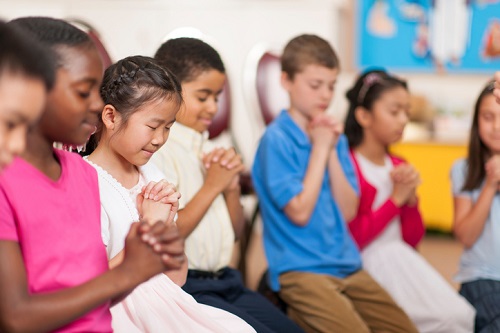
Faith-based schools can enhance religious education by helping students engage with diverse religions and worldviews, according to new research out of the UK.
Gladys Ganiel, a research fellow from The Senator George J Mitchell Institute for Global Peace, Security and Justice at Queen's University Belfast, referred to a new report that called for a radical overhaul of religious education.
The report recommended a new name for the subject: “Religion and Worldviews” , which would include non-religious worldviews like humanism, secularism, atheism and agnosticism.
These would be studied alongside different traditions within Christianity, Buddhism, Hinduism, Islam, Judaism and Sikhism.
The authors of the report – Religion and Worldviews: A National Plan for RE – were explicit about their reasoning for the name change: it “removes the ambiguity in the phrase ‘Religious Education’, which is often wrongly assumed to be about making people more religious”.
“Schools with a religious character exist in part to promote faith formation and ensure that the faith is passed on to the next generation. This was not the commission’s aim,” Ganiel wrote in The Conversation.
However, beyond recognising this divergence in priorities for the commission and for faith schools, Ganiel says is not clear if or how the National Entitlement would help faith schools maintain their distinctive ethos.
“For example, would Catholic schools be able to prioritise Catholic teaching and faith formation within the hours allotted to Religion and Worldviews, or would they need to make provision for this to happen after hours?” Ganiel enquired.
“In this regard, all seems to hinge on the commission’s recommendation for a national body to develop programs of study and training for the teachers who would deliver the new curriculum.”
Studies have found that an important factor for ensuring faith stays alive is the role parents play in their children’s lives: if they practice their religion at home and in their local faith community, their children are much more likely to remain religious.
Ganiel said that while this may not reassure those who perceive the commission’s recommendations as a threat to faith-based schools, it shouldn’t distract from the opportunity that these proposals represent.
“If it is properly resourced and phased in over a reasonable period of time, Religion and Worldviews could enhance – not undermine – the teaching of religious education in Britain,” Ganiel said.


